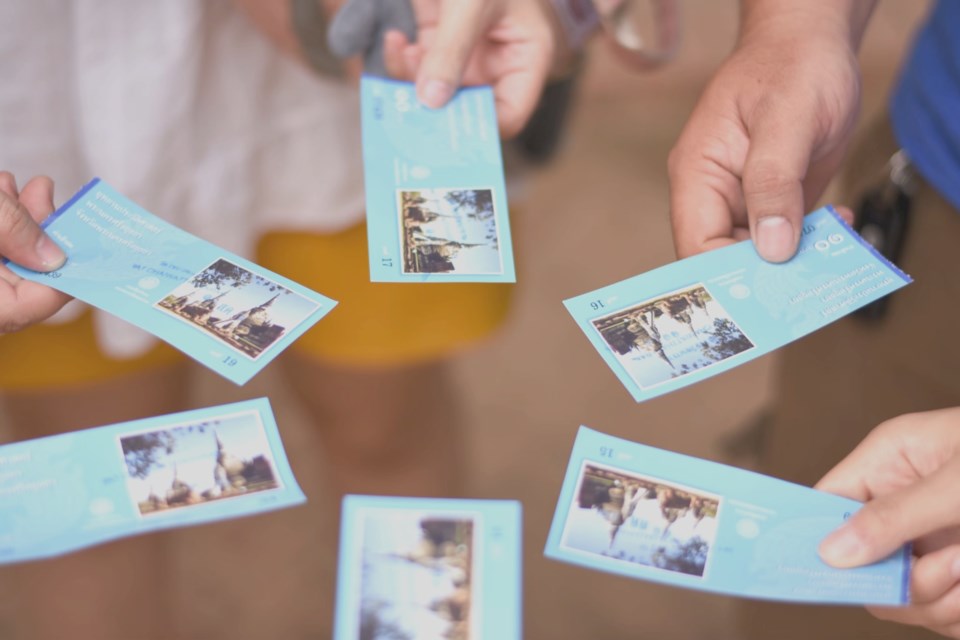NEWS RELEASE
COLORADO ATTORNEY GENERAL'S OFFICE
*************************
With Taylor Swift set to rock the area this weekend, Attorney General Phil Weiser issued a public advisory to remind all Coloradans about state law governing tickets sales, and to inform consumers about how to protect themselves and their wallets from deceptive sales tactics and scammers selling fake tickets to live events. Weiser’s office is receiving reports that scammers are trying to take advantage of fans for the summer’s biggest concerts, including those trying to buy tickets to Taylor Swift’s concerts in Denver.
“If you’re a Taylor Swift fan, or you’re checking out any of the other amazing events in Colorado, don’t let it be a cruel summer,” said Weiser. “Be a smart eventgoer by making sure the tickets you’re buying are authentic and you know the full cost of any tickets you’re purchasing.”
The Better Business Bureau has received dozens of complaints nationally involving Taylor Swift tickets.
Attorney General Weiser wants consumers to be alert and remember the following rules when buying tickets online:
Understand the “all-in” price. Sometimes the advertised price of a ticket is much lower than the true price because of add-on fees. When shopping for tickets, be sure to understand the full cost including fees.
Research the ticket seller first. Purchasing tickets from an event’s official primary ticket seller is the best way to ensure you are buying a legitimate ticket. When purchasing tickets from a secondary ticket reseller, consumers should research the seller by using reputable sources like the Better Business Bureau. Be sure to read the seller’s refund policy before buying. Consumers should be particularly skeptical about tickets offered for sale on social media or when the ticket seller asks to be paid through a peer-to-peer money transfer application like CashApp, Venmo, or Zelle.
Check the details before buying. For events that have assigned seats, make sure the ticket provides all necessary information (i.e., section, row, seat, disability access, etc.).
Verify tickets after purchase. After you purchase tickets, inspect them to make sure the time, date, and location listed matches the details of the event that you made the purchase for.
Be cautious of paper or emailed tickets. Many Colorado venues only accept mobile tickets. If you are offered paper or emailed tickets to a venue that only accepts mobile tickets, the offer may be a scam. Research the venue’s ticketing policy before buying a paper or emailed ticket.
Be cautious when buying tickets before they are sold to the general public. Scammers often try to capitalize on fans’ eagerness for tickets by offering tickets before they are available for sale to the public. Sellers of these “speculative” tickets may have no actual intention or ability to buy the promised tickets and a consumer may end up paying for a ticket that never existed. While many legitimate presales exist, consumers should ensure a ticket offer is an official presale by researching the venue, time, and date.
Understand ticket restrictions. Some primary ticket sellers place terms and conditions on tickets they sell. Consumers should always understand the restrictions and risks (e.g., “rain or shine”) of tickets they are buying either directly from the primary seller or from a reseller.
If consumers suspect that a person, entity, or website is violating laws related to ticketing for an event in Colorado, they should report this activity to the Colorado Department of Law by filing a complaint on StopFraudColorado.gov.
*************************



